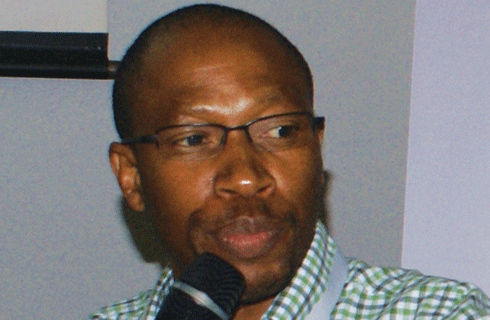
What Determines State-Civil Society Relations?
- The nature of the State:
— How much is the State “captured” by a group/coterie/clique from its citizenry?
- The credibility of civil society:
— How much mandate and constituency does civil society organisation (CSO) derive from the citizenry?
- Convergence/divergence of State and civil society interests:
— What gap exists between CSO and State interests in relation to the citizenry?
Models of civil society-State partnerships — co-ordination
- Co-ordination is about efficiency: Civil society and government work individually but consent on the responsibility that each takes, in their own processes, to feed into a single outcome. “You do this and we do that, so we achieve this together”, (Denise, 1999).
- Pre-requisites:
— They need to share responsibilities (State capture is absent or limited). — Credibility of civil society must be optimal or unquestionable. There must be a convergence of interests (common good) Models of civil society-State partnerships co-operation:
- Chamisa under fire over US$120K donation
- Mavhunga puts DeMbare into Chibuku quarterfinals
- Pension funds bet on Cabora Bassa oilfields
- Councils defy govt fire tender directive
Keep Reading
- Co-operation is about civil society and the government investing resources, plans, strategies etc. into a common pool and commit to working in a single process. They need to have consensual value systems. “Lets do this so we achieve this together,” (Denise, 1999).
- Pre-requisites:
— They need to share responsibilities (State capture is totally absent). — Credibility of civil society must be optimal or unquestionable — There must be unquestionable convergence of interests (common good for the State).
Models of civil society-State partnerships — collaboration:
- Collaboration is about civil society and government both committing to create a new future, but working in different spaces. “You do this and we do that, so you achieve that and we achieve this, but for the good of us all” (Schrage, 1990)
- Pre-requisites:
— They need to share responsibilities (State capture is absent or limited). — Credibility of civil society must be optimal or unquestionable There must be some convergence of interests (common good for the State) Implications for State-civil society relations in Zimbabwe
- State capture must be minimal for a partnership to transpire:
— eg Does Zanu PF see new Constitution as enabler or a threat (one of the issues to determine declined or perpetual State capture)? Civil society credibility attracts the State into a partnership — To what extent will CSO be able to enhance its mandate/constituency through citizenry and community mobilisation?
- Divergence of interests limits partnerships:
— Will State, Civil society and citizenry interests ever converge (the socio-economic context for citizens)? State-civil society partnership is not an absolute
- Where State capture, civil society credibility and convergence of interests are problematic: then relations must be pursued in the following manner:
— Identify programmes that are “non-threatening” to the State and to CSO as entry points for potential partnership/relations. Contextualise collaboration, co-ordination and co-operation based on programmatic sectors — no “one-size-fits-all”
— Civil society must always seek to understand the dynamics of the State and its evolving nature (Is the State permanently seeking conformist behaviour from CSO or are there opportunities for transformation?). – Enhance credibility of CSOs as this usually moves the State to oblige to partnership/relationship or at least some level of tolerance or dialogue.
— Always consider the cost of partnerships; if it alters interests and values of civil society, is that worthy pursuing?
- This is part of a paper presented by Maisiri at civil society conference held in Bulawayo two weeks ago. Maisiri is a senior political analyst with the International Crisis Group.













